AO Edited
Mary McLeod Bethune Council House
The final residence of an educator, civil rights leader, and presidential advisor was also the first headquarters of the National Council of Negro Women.
Mary Jane McLeod was born on July 10, 1875, in Mayesville, South Carolina. She was the first member of her family born free but her family had little means. She was the first member of her family to attend school, and against great odds, she would go on to be an educator and pioneering leader, playing a key role in the fight for racial and gender equality.
Mary met her husband Albertus Bethune during one of her teaching assignments in South Carolina, and soon started a family, giving birth to their son Albert within a year’s time. Following Albert’s birth, the Bethune family moved to Florida, where Mary established a missionary school before moving to Daytona and creating a larger educational entity, the Daytona Normal and Industrial Institute for Negro Girls. Starting with a mere five students, she grew the class into a fully operational high school. In 1931, the school earned accreditation as Bethune-Cookman College. Bethune was the first African American woman to serve as college president, and the school is still active today.
In addition to her educational pursuits, Mary poured herself into efforts to end segregated schooling, improve healthcare for Black children, and advocate for civil rights. She served as president of the National Association of Colored Women in 1924, before creating the National Council of Negro Women in 1935, to expand her efforts to bring about social change. She served as president until 1949 and the organization she had started grew to 850,000 members during her tenure. (Today it boasts over 4 million members.)
Bethune was an advisor to four U.S. presidents: Calvin Coolidge, Herbert Hoover, Franklin D. Roosevelt, and Harry S. Truman. Under Roosevelt, she became the first Black American woman to lead a federal agency as the Director of Negro Affairs. Bethune shared a close friendship with Dr. Carter G. Woodson, who was known as the Father of African American History. The Mary McLeod Bethune Council House includes the National Archives for Black Women’s History, which is the only archive dedicated to the collection, preservation, and interpretation of African American Women.
Community Contributors
Added by
Edited by
Plan Your Trip
The Atlas Obscura Podcast is Back!



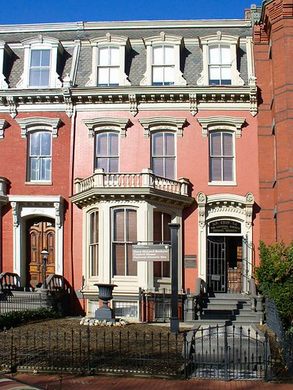


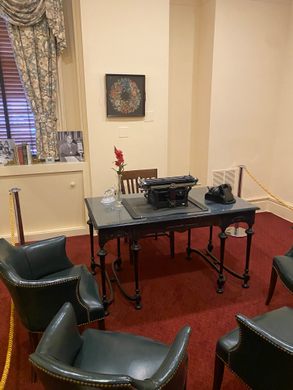








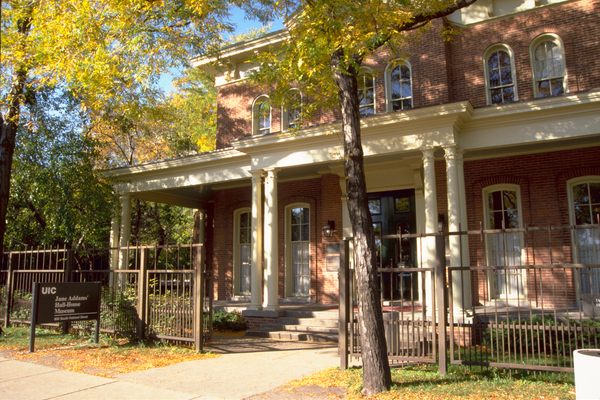

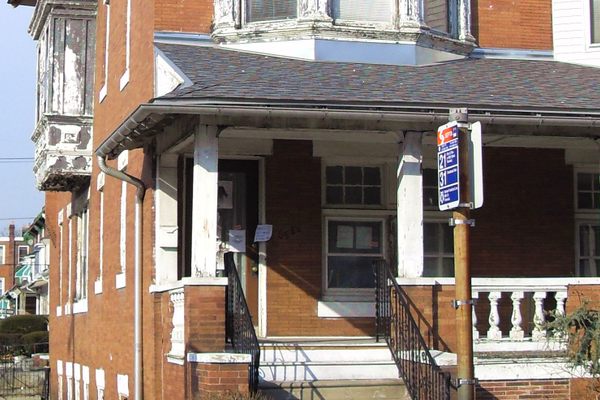
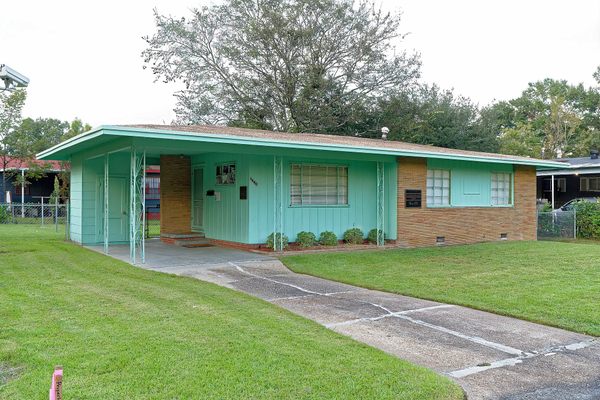

Follow us on Twitter to get the latest on the world's hidden wonders.
Like us on Facebook to get the latest on the world's hidden wonders.
Follow us on Twitter Like us on Facebook